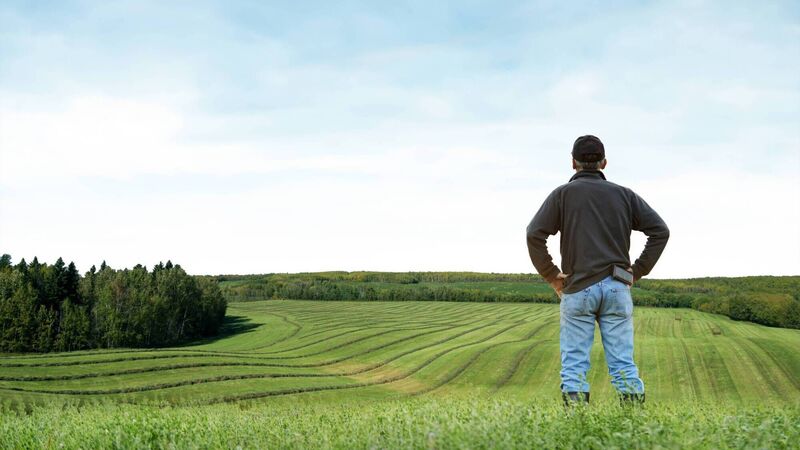Ireland’s strategy to be a world leader in sustainable food by 2030

Expanded tillage, horticulture, organic, and agro-forestry production is one of the targets in the draft Agri-Food Strategy to 2030. File Picture.
Ireland’s plan to be a world leader in sustainable food systems by 2030 has been thrown open to public consultation.
Submissions or observations on the draft Agri-Food Strategy to 2030 and associated Environmental Report and Natura Impact Statement are invited, until June 15, 2021.










